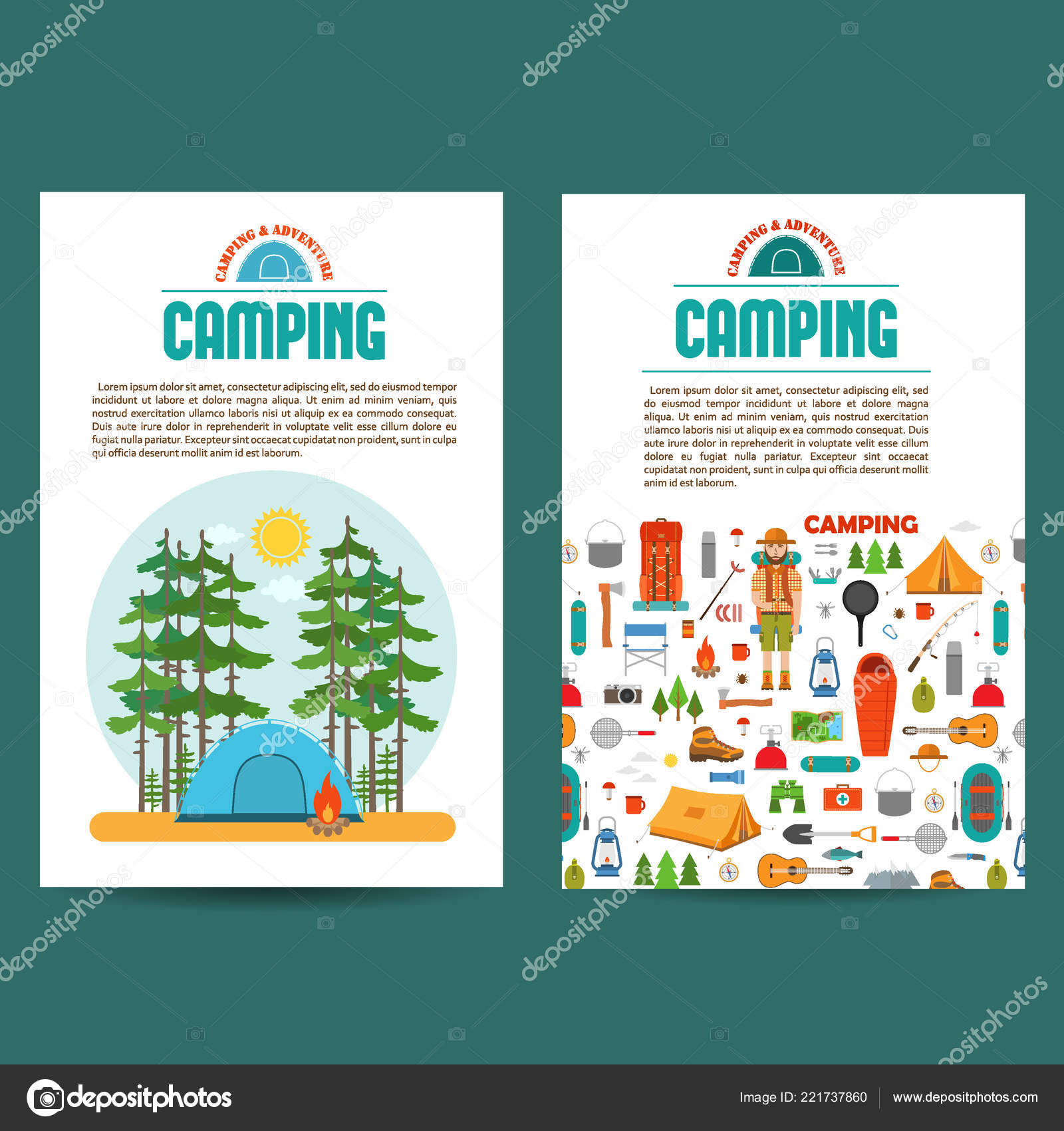Sturdiness is a non-negotiable requirement for any type of tent. From premium structure materials and weather-resistant textiles to secure anchoring systems and devices, every part plays a role in developing a reputable outdoor tents setup for your occasion or camp.
Comprehending how various structure materials influence durability aids you make a wise option for your particular needs. This overview will compare the toughness of post and framework tents to aid you figure out which choice is best for your occasion.
Post Tents
Pole tents include high heights and flowing cover lines that stimulate romanticism and lend themselves to typical exterior wedding events, vintage-themed galas, or casual tented celebrations. These structures can be dressed with moving drapes, chandeliers, and high end illumination to create a classy canvas for minimal or layered style functions. However, their layout may not sustain segmented spaces or hefty rigging without additional architectural reinforcement.
The top quality of framework materials, securing systems, and accessories can dramatically affect a tent's toughness. For instance, light weight aluminum is a corrosion-resistant material that can take on environmental problems without jeopardizing structure or boundary stability.
Selecting the right camping tent type and material for your venue's anticipated weather conditions can help in reducing maintenance expenses, repair costs, or replacement expenses with time. Appropriate installment methods additionally play a role in keeping tent stability, and normal professional assessments help area indicators of deterioration prior to they cause severe damages. Additionally, including the right floor covering system can improve the stability of any kind of type of camping tent on irregular terrain.
Frame Outdoors tents
Choosing the ideal outdoor tents type for your event is a critical decision. Toughness in harsh weather is non-negotiable, and recognizing how both pole and structure outdoors tents stay steady under stress and anxiety will assist you select the most effective option for your area and occasion demands.
Unlike pole camping tents, framework outdoors tents don't depend on facility posts to give stability. This provides you a much more unhampered inside that can be used to fit seating plans, dancing floorings, or food stations without having to work around the poles. The structure additionally allows you to set up the camping tent on surfaces where risks will not be as reliable, like concrete patios or courtyards.
Having a good anchoring system is important to outdoor tents longevity, and it can make or break the structure's ability to endure wind occasions. LP Outdoors suggests making use of a complete put-in to make certain the tent is secure and correctly lined up, which minimizes anxiety factors. Including added individual ropes, modular ballast systems, or support packages to your large event tent can further increase structural integrity.
Fabric
The fabric of a tent is the foundation of its structural integrity and resilience. Its tensile strength and resistance to environmental stressors influence the tent's total efficiency and convenience, from water run-off and wind resistance to breathability and mold and mildew resistance.
Camping tent fabrics are normally woven from either natural or artificial fibers, and they can be covered or treated with special surface treatments to improve their performance and durability. The type of thread spun (combed, ring-spun, core-spun), the weave, and the fabric's weight all impact its resilience and suppleness.
Sailcloth, for instance, is engineered to endure repeated folding, tensioning, and anchoring without losing strength. Camping tents made from this material are also very breathable, lowering condensation and temperature level variations. These functions make sailcloth camping tents perfect for event rentals or lasting outdoor camping. Various other material options, like polyester or nylon, offer an even more light-weight feel with improved waterproofing. Their life expectancy depends upon the type of setting they are revealed to, the maintenance routines, and various other factors like normal cleansing and appropriate storage.
Installation
Prior to selecting a framework material for your canopy outdoor tents, it is very important to completely understand the desired usage and place. For example, do you require the camping tent to endure frequent or extended direct exposure to weather like wind stamina, rain, snowfall, and UV rays? Do you want to put up the outdoor tents permanently or only for occasional use?
Light weight aluminum framework camping tents have an one-of-a-kind safety layer that's formed due to their camping tent all-natural oxidation residential or commercial properties. The plated layer avoids wetness, salt, and various other destructive compounds from permeating the framework and triggering damages.
Steel frameworks, on the other hand, often tend to have minimal kind security and are harder to set up. Their hefty weight likewise restricts personalization choices and requires the use of less expensive, lightweight fabrics and plastic connectors. In contrast, hardwood structure outdoors tents use exceptional sturdiness and an aesthetic that blends harmoniously with the surrounding setting when set up. Glitzcamp uses both steel and aluminum-frame camping tents that are perfect for high-end hotels, scenic spots, social tourist communities, and vacation homes.
